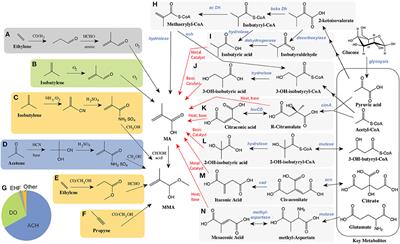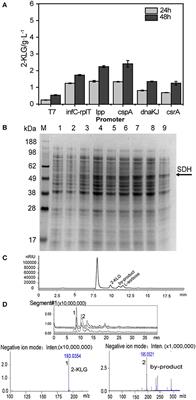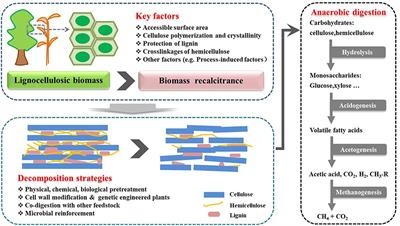MINI REVIEW
Published on 20 Mar 2020
A Review of the Biotechnological Production of Methacrylic Acid

doi 10.3389/fbioe.2020.00207
- 14,713 views
- 42 citations
19k
Total downloads
105k
Total views and downloads
MINI REVIEW
Published on 20 Mar 2020

ORIGINAL RESEARCH
Published on 17 Mar 2020

ORIGINAL RESEARCH
Published on 28 Feb 2020

REVIEW
Published on 19 Feb 2020

ORIGINAL RESEARCH
Published on 15 Jan 2020

REVIEW
Published on 09 Jan 2020

ORIGINAL RESEARCH
Published on 27 Nov 2019

ORIGINAL RESEARCH
Published on 22 Oct 2019

ORIGINAL RESEARCH
Published on 17 Oct 2019

ORIGINAL RESEARCH
Published on 18 Sep 2019

REVIEW
Published on 08 Aug 2019
